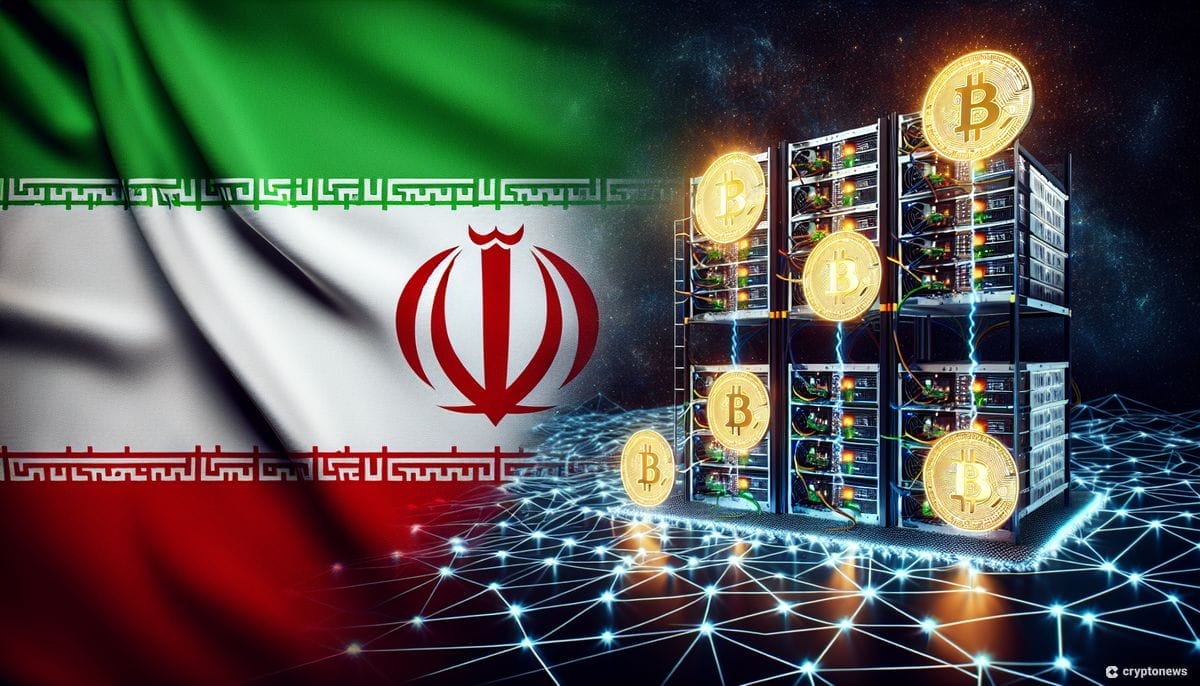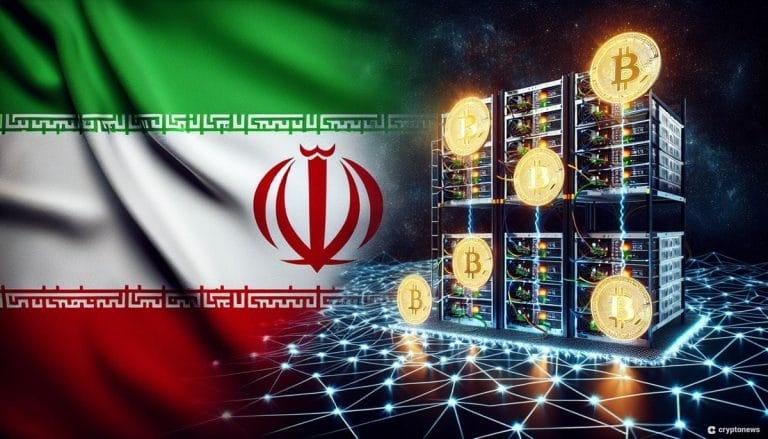Last updated:
 Why Trust Cryptonews
Why Trust Cryptonews

Iran is taking measures to combat illegal cryptocurrency mining as the nation grapples with power shortages exacerbated by a severe heatwave.
The government is offering financial incentives to citizens who report unauthorized crypto-mining activities, with rewards of up to 1 million toman (approximately $24) per tip, according to a report from Iran International.
The sweltering heat, with temperatures reaching as high as 113 degrees Fahrenheit (45 degrees Celsius), has put immense pressure on Iran’s power grid.
Illicit Crypto Miners Worsen Pressure on Power Grid
According to Mostafa Rajabi Mashhadi, CEO of the state-run electricity company Tavanir, the situation is worsened by illicit crypto-mining operations that exploit subsidized electricity and public networks without proper authorization.
“Unauthorized cryptocurrency mining has led to a significant surge in electricity consumption, causing major disruptions in the country’s power grid,” Mashhadi said.
He revealed that authorities have uncovered 230,000 illegal crypto-mining rigs, which collectively consumed up to 900 megawatts of power.
This level of consumption is comparable to that of an entire Iranian province with 1.4 million residents.
Illegal crypto-mining has become a pervasive issue in Iran, with many operations reportedly taking place in schools and mosques, where electricity is either free or heavily subsidized.
Iranian authorities frequently announce the discovery of such activities as they strive to protect the country’s power infrastructure.
Cryptocurrency mining is a process that requires substantial energy and specialized computing power to solve complex cryptographic puzzles, with rewards often paid out in Bitcoin, the most popular proof-of-work blockchain.
However, the recent Bitcoin halving in April, which cut mining rewards by 50%, has left many miners struggling to remain profitable.
Some, particularly in the United States, have even pivoted to artificial intelligence ventures to sustain their operations.
It is worth noting that Venezuela has also banned crypto mining, claiming it was to protect the nation’s power grid as it consumed an excess amount of energy.
Iran’s Share of Crypto Mining Continues to Drop
The Iranian government officially recognized cryptocurrency mining as a legitimate business activity in 2019 and issued over 1,000 crypto mining licenses to bring capital into the heavily-sanctioned country.
Miners are required to pay a tax on their electricity and sell their mined crypto to Iran’s central bank.
The country has become one of the largest Bitcoin mining hubs, leveraging its subsidized electricity to support the energy-intensive process.
However, it is worth noting that Iran’s global share of Bitcoin mining has fallen as recent power shortages have prompted the government to halt mining operations.
According to the Cambridge Centre for Alternative Finance (CCAF), Iran’s Bitcoin mining currently accounts for 0.2% of the total Bitcoin hash rate, down from as high as 7% in 2021.
At the same time, increasing instances of illegal bitcoin mining in Iran have led to regulatory scrutiny.
Iranian police seized 7,000 mining computers at an illegal cryptocurrency farm in June 2021, Reuters reported.




